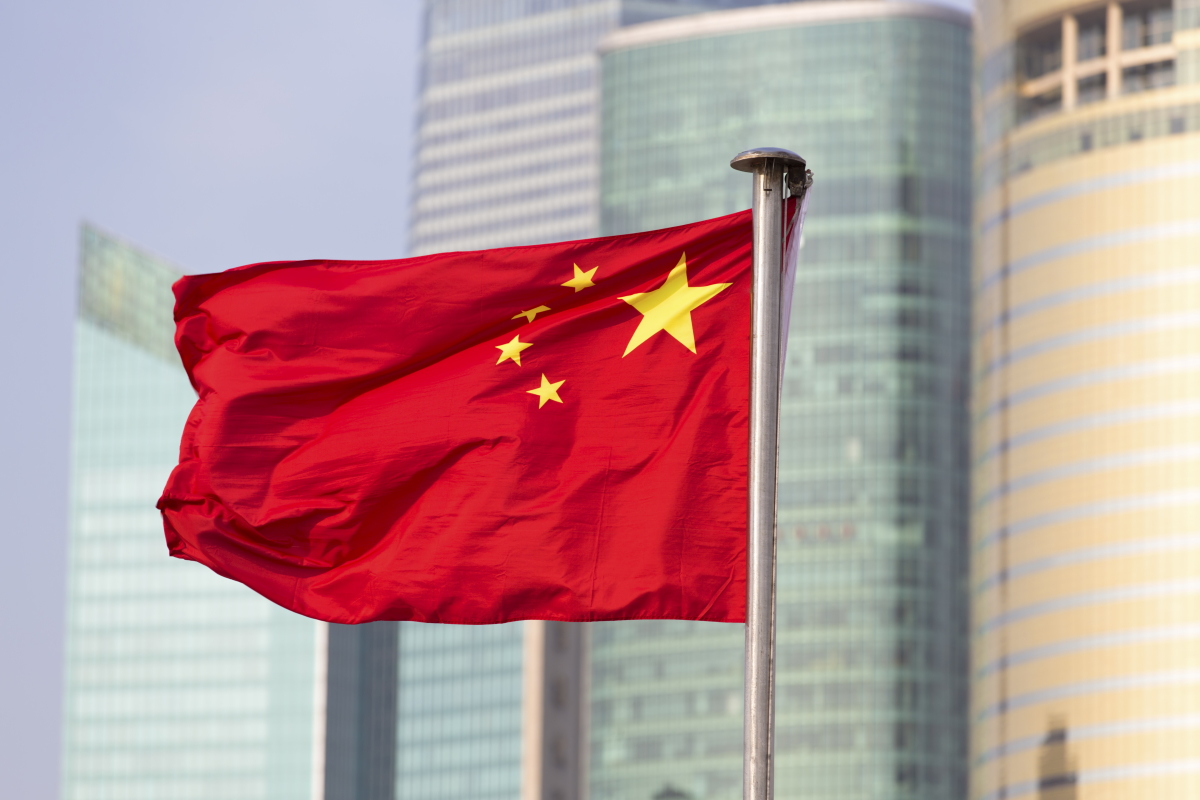Beating analysts’ expectations, China showed modest economic recovery in August as retail sales, fixed-asset investments and industrial production grew – despite the continued slump in the real estate market, intermittent outbreaks of Covid-19 and subsequent lockdowns.
Data released by the National Bureau of Statistics (NBS) on Friday showed that retail sales grew by 5.4% year on year. In July the number stood at 2.7%. According to the NBS data, car sales, the major retail item, increased 16% in August from the corresponding period a year ago, while revenue from restaurants increased by 8.4% during the period. Bloomberg and Reuters polls estimated overall retail sales of 3.3% and 3.5%, respectively.
Also industrial production, which comprises the manufacturing, mining and utility sectors, increased by 4.2% in August, y-o-y. “That’s an improvement from 3.8% in July, but still weak by China’s normal standards,” wrote ING’s Regional Head of Research Asia-Pacific, Robert Carnell. The improvement in manufacturing output points to utilities (electricity etc) having played a role, however, this “looks hard to reconcile with the power shortages reported at times in August due to the heatwave.”
China’s unemployment rate slightly improved in August, standing at 5.3%, compared to 5.4% in July. Also the joblessness rate among youth in the age group of 16-24 years was lower than 19.9% recorded in July, standing at 18.7% in August.
Fixed-asset investment expanded by 5.8% in the first eight months of 2022, y-o-y. This is an increase of 5.7% from the rate recorded in the January-July period. The fixed-asset investment figure measures the expenditure on property, infrastructure, machinery and equipment.
Real estate sector still cause for concern
The slump in the Chinese property sector continued to deepen in August. Investment in property for the year plummeted even further, down by 7.4%, from the year-ago period. The drop was sharper compared to the 6.4% fall between January and July this year.
According to NBS data, new-home prices in 70 cities, excluding state-subsidized housing, dropped 0.29% last month compared to July. Compared to August of last year, prices dropped 2.1%, the most in seven years. Residential sales plummeted by about 30% in the first eight months of the year.
The Asian Equity team of Nikko Asset Management believes that some of China’s struggles are self-inflicted. “In our view, concerns in the property market are primarily due to confidence, or the lack thereof, with regards to property developers’ ability to complete projects rather than problems with household balance sheet. While China’s resolve to wean itself off the excesses in the property market is admirable, the government will have to do a lot more to stabilise the market and prevent a negative contagion effect on higher quality developers,” the team writes in a recent market analyses.
“It will take some time for the pool of unfinished property construction projects to be completed with local government support for developers, and in turn, for Chinese households to consider investing in property in scale again. Consequently, these numbers are likely to remain a blot on the economic landscape for quite a while,” ING’s Carnell said.
China on recovery path for the rest of the year?
In recent months, China has toned down its ambition to achieve around 5.5% growth for 2022 – a target set by the government during the parliament’s annual meeting in March. Some economists even no longer expect growth of more than 3%.
Fitch Ratings cut China’s 2022 GDP growth forecast to 2.8% this week and expects a recovery to 4.5% next year. Barclays’s chief China economist, Jian Chang, cut her 2022 growth forecast to 2.6%, owing it to “deeper and longer property contraction, intensified Covid lockdowns, and slowing external demand.”
Julian Evans-Pritchard, a senior China economist at Capital Economics, said, “China’s economy held up slightly better than anticipated last month, but momentum still weakened relative to July amid renewed virus disruptions and factory closures due to power shortages.”
He expects September to be even worse. “While the current virus wave may have peaked, activity is set to remain weak over the coming months amid the deepening property downturn, softening exports and recurring Covid-19 disruptions,” says Evans-Pritchard.


 Australia
Australia China
China India
India Indonesia
Indonesia Japan
Japan Malaysia
Malaysia Philippines
Philippines Singapore
Singapore South Korea
South Korea Taiwan
Taiwan Thailand
Thailand Vietnam
Vietnam







